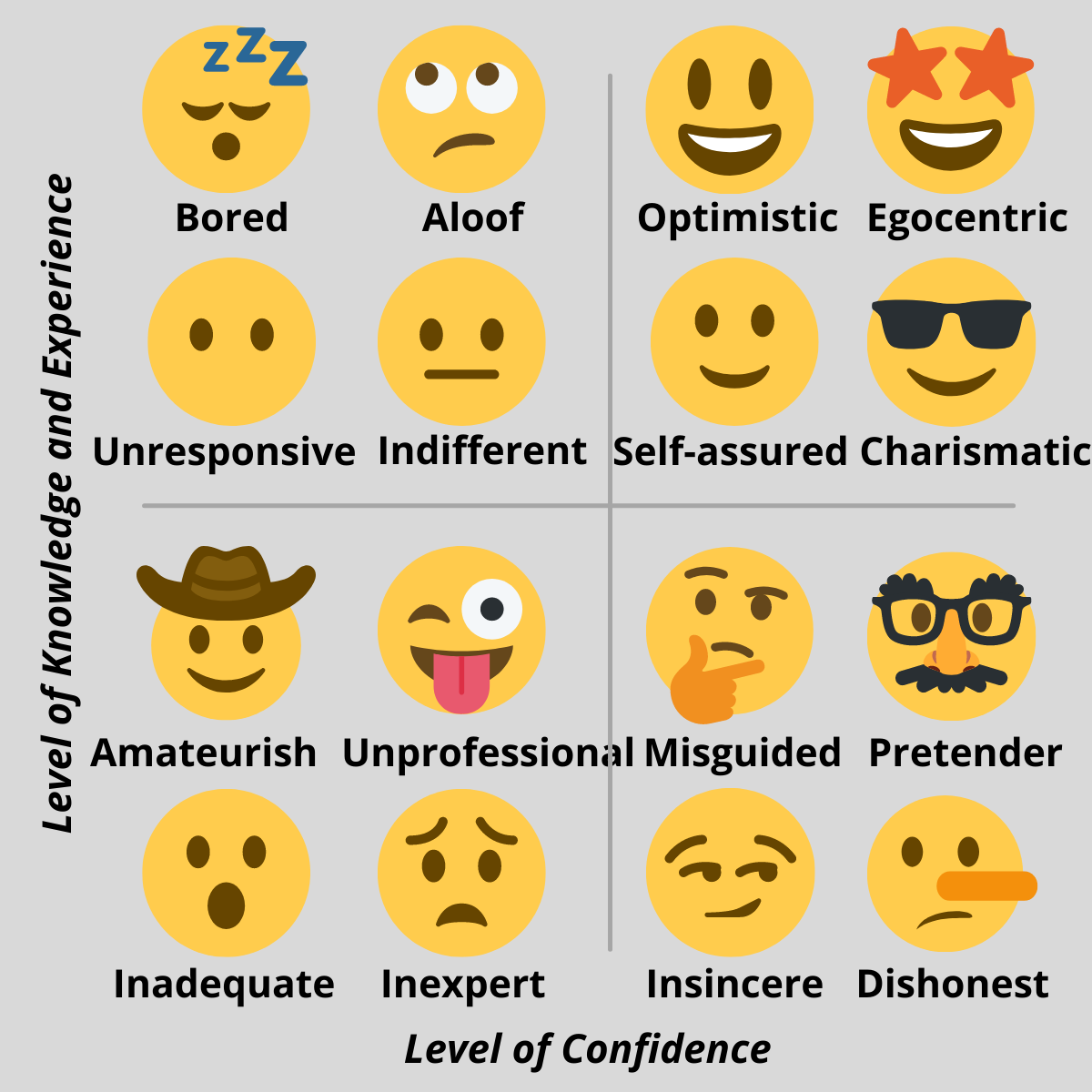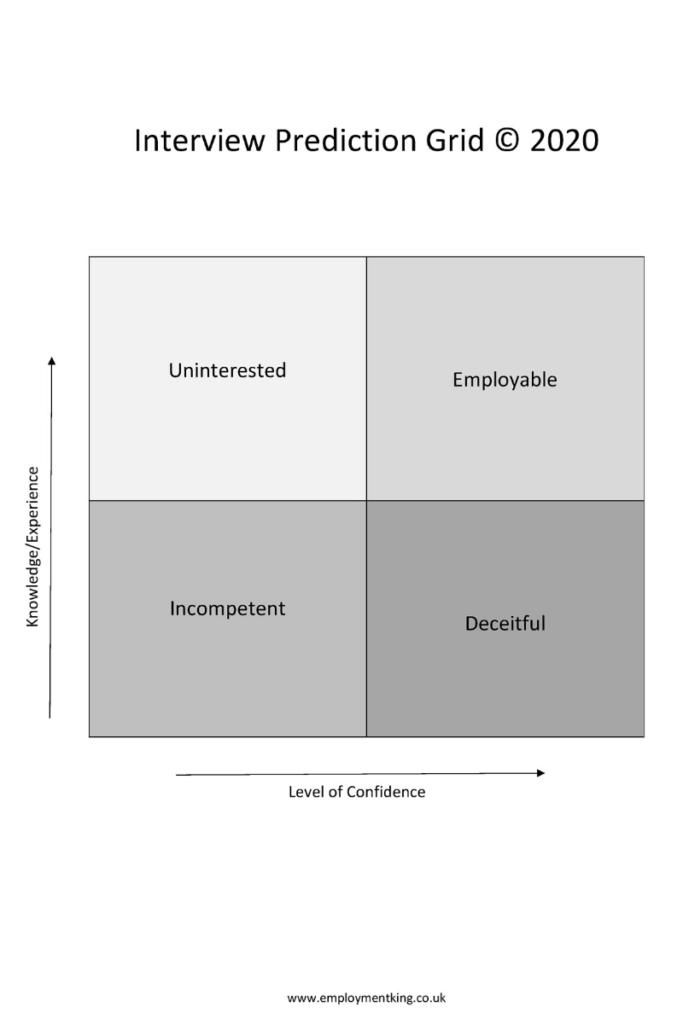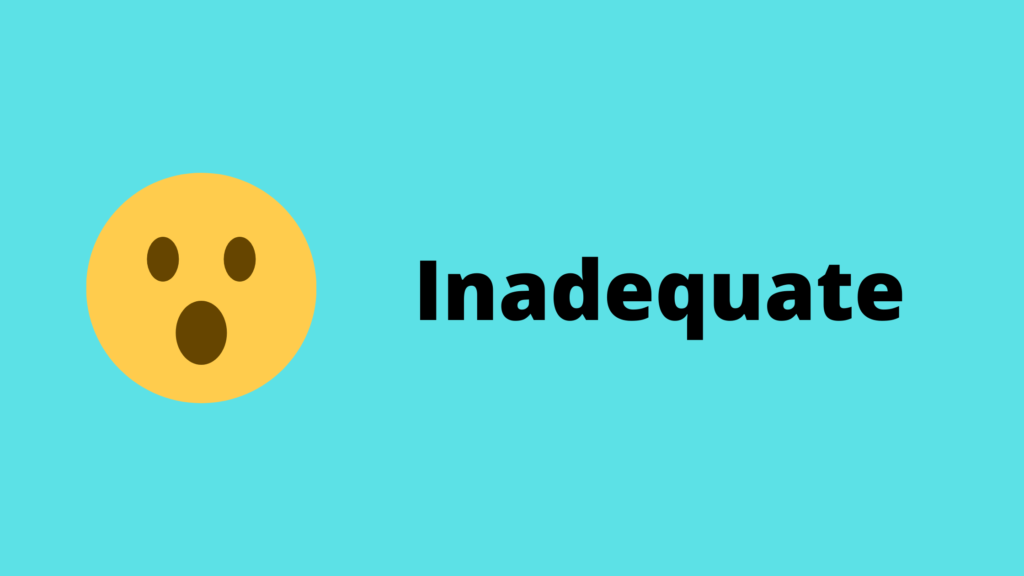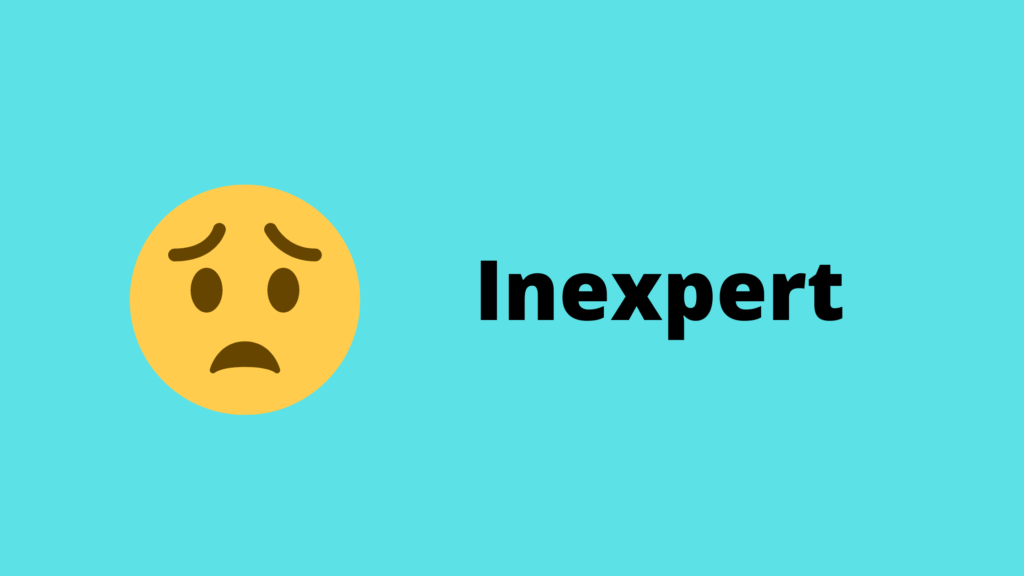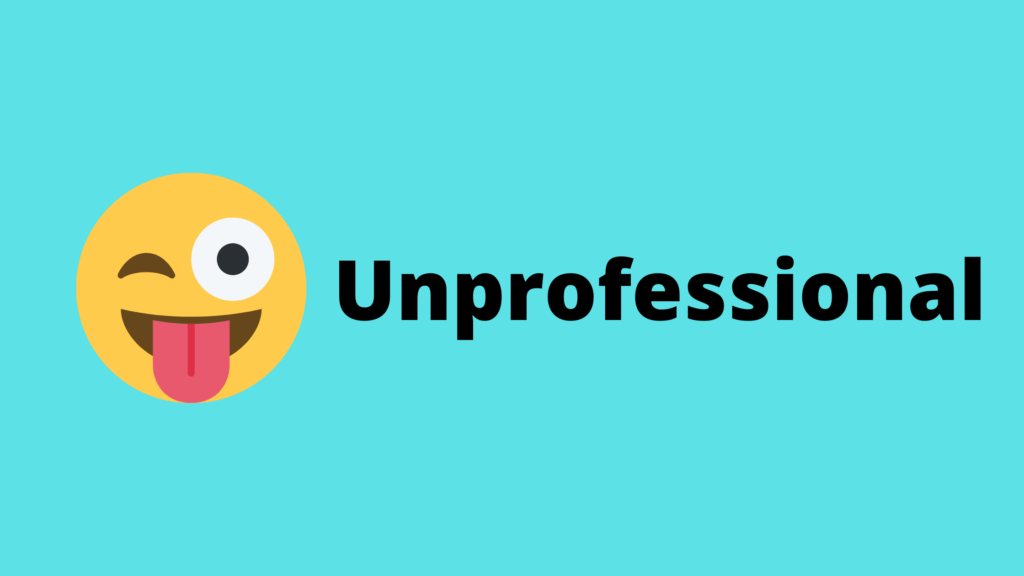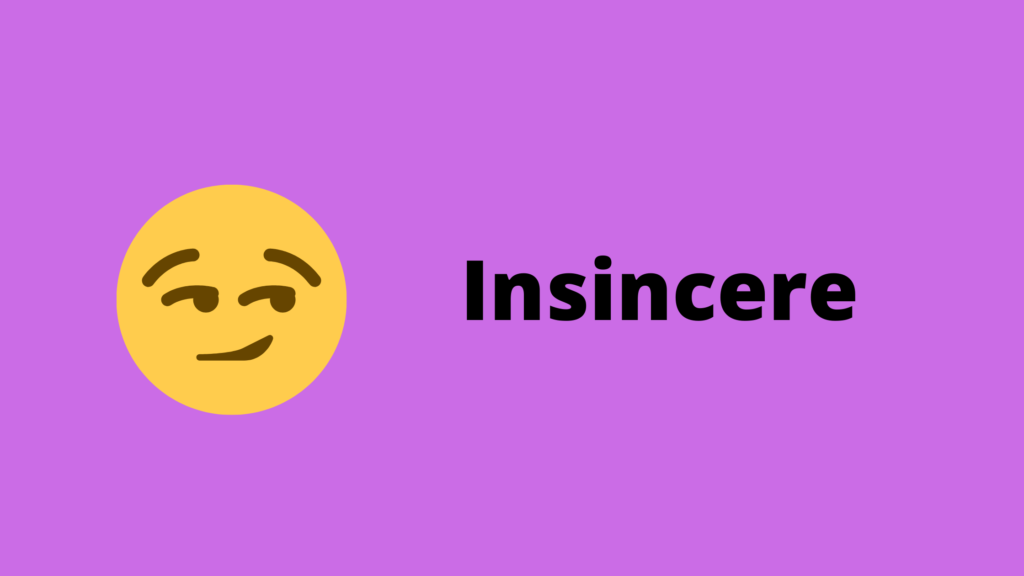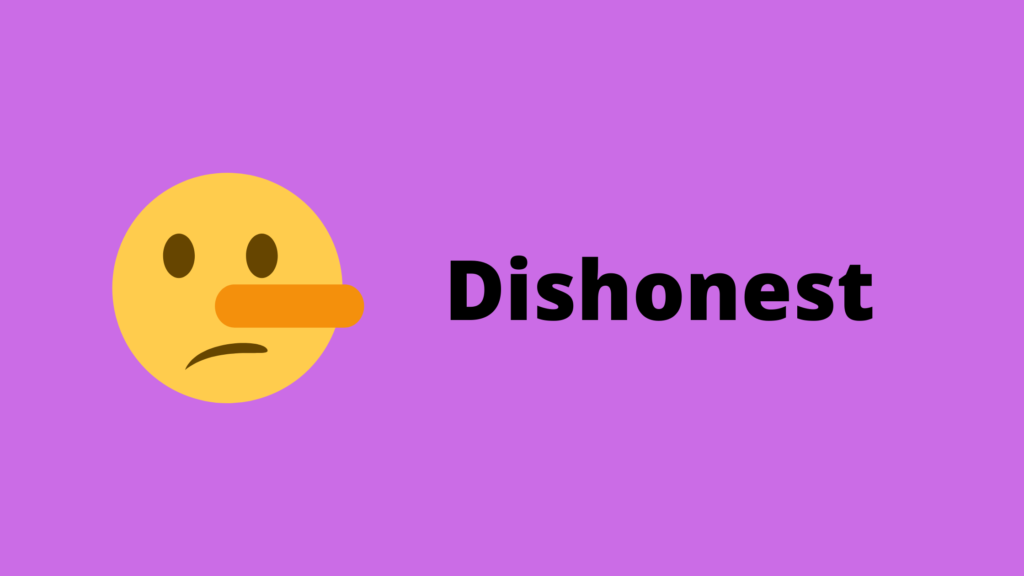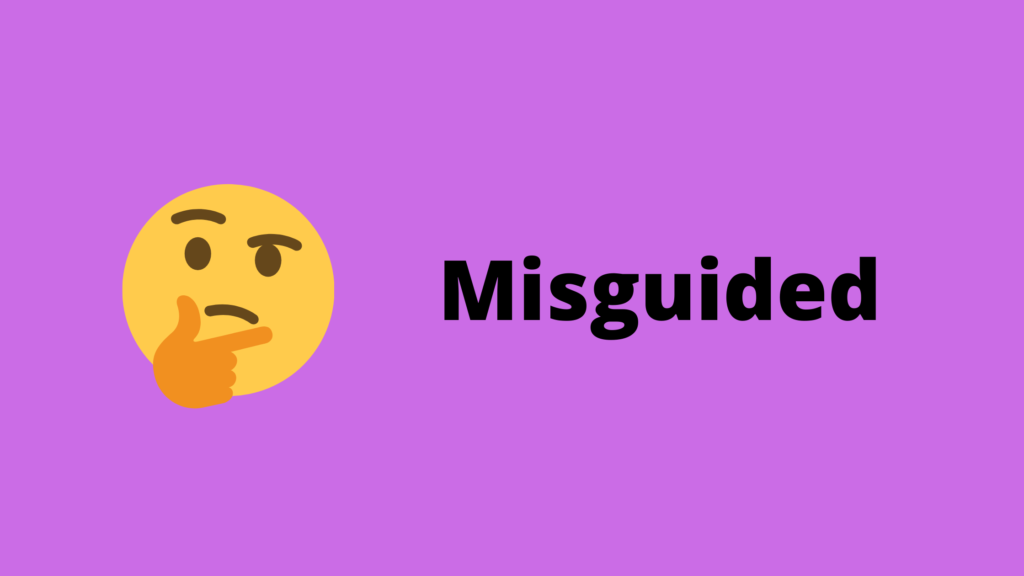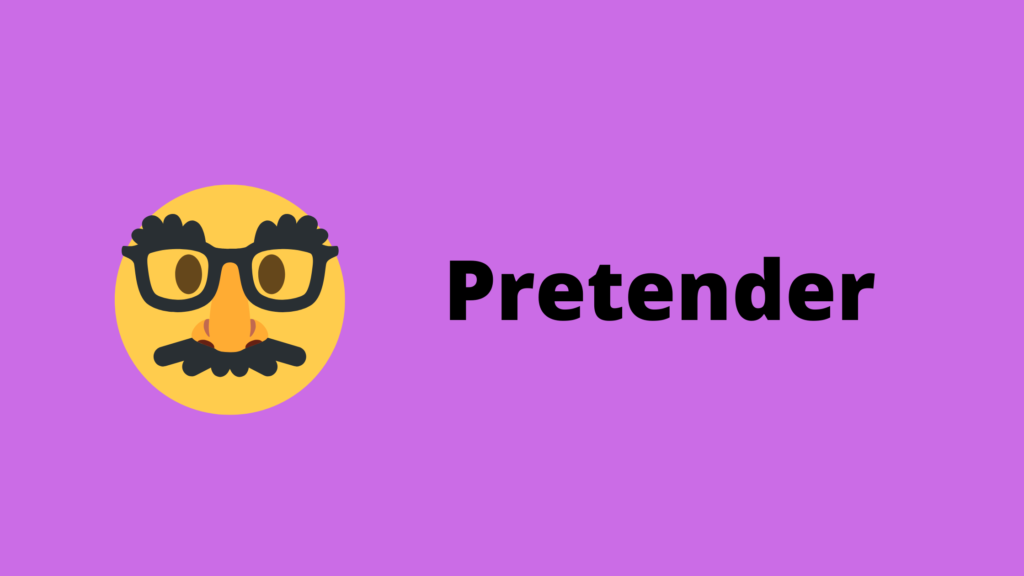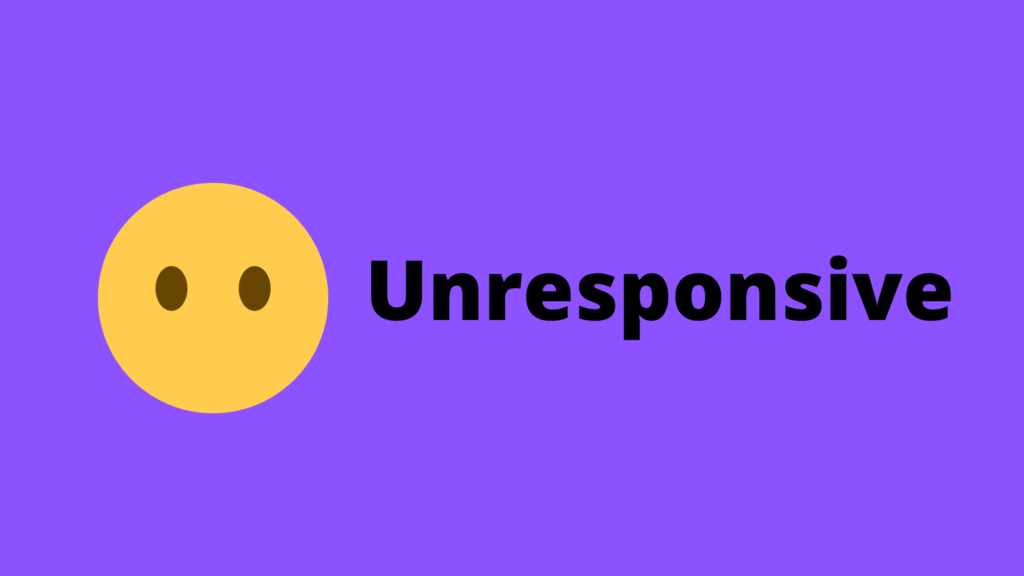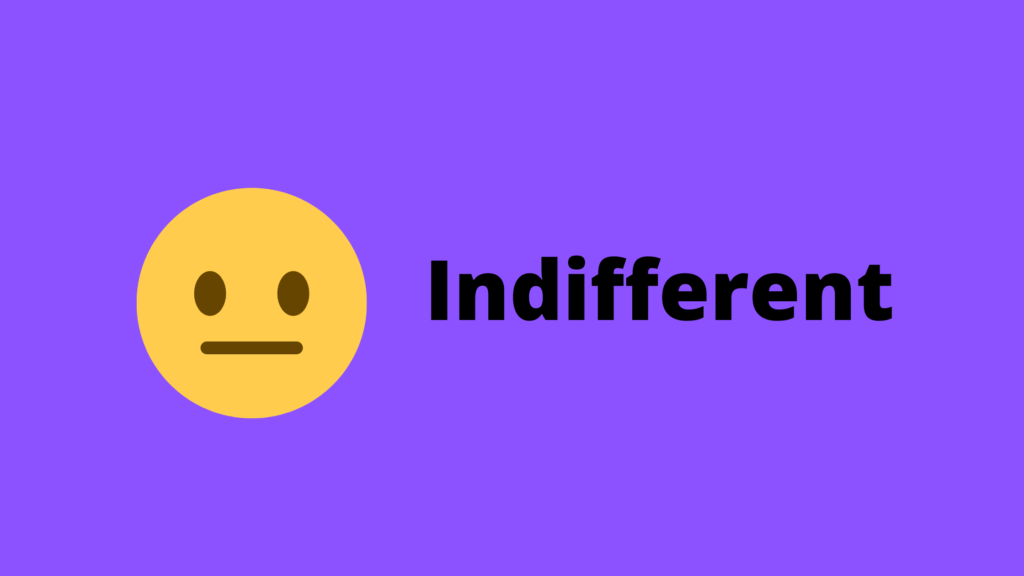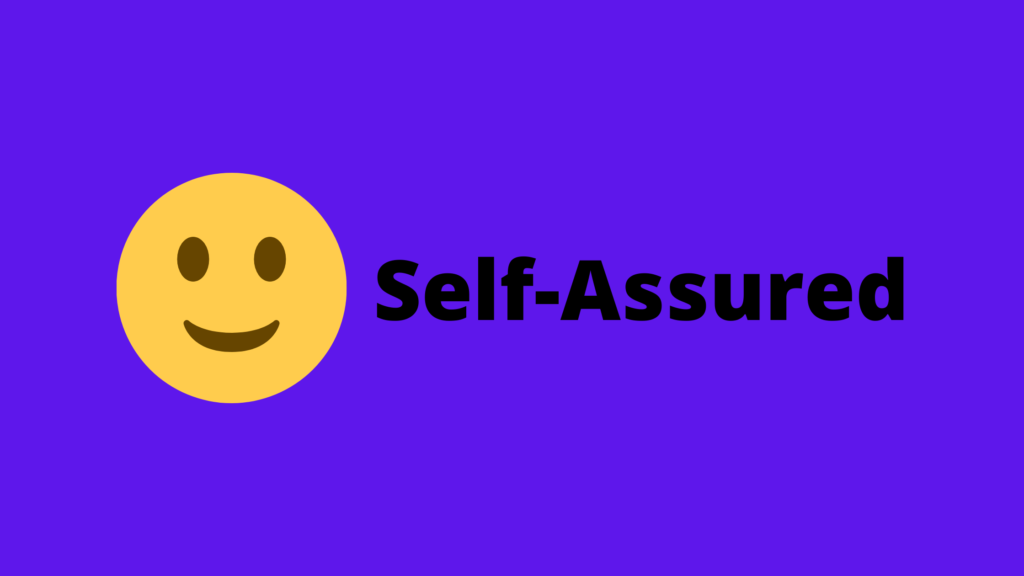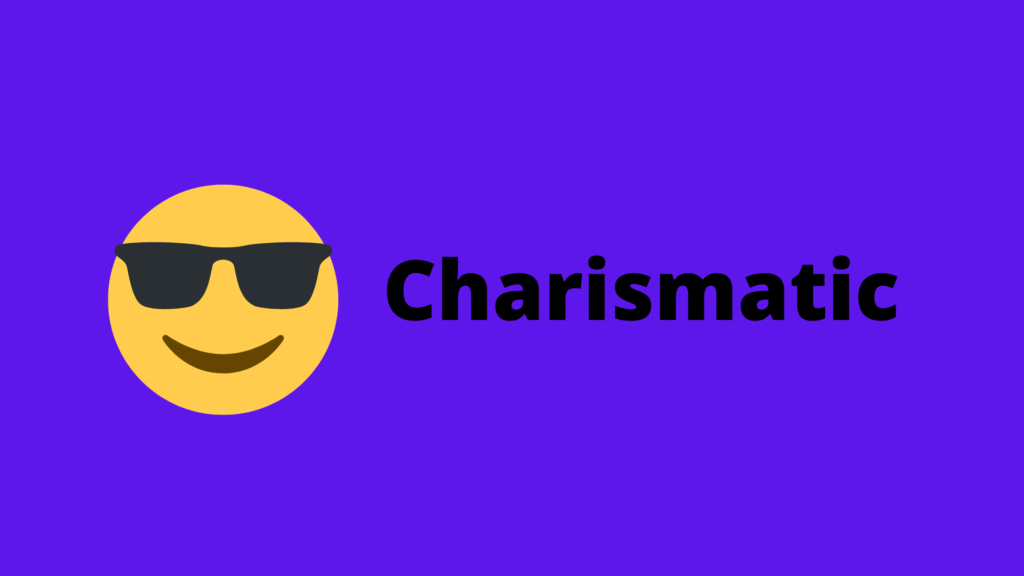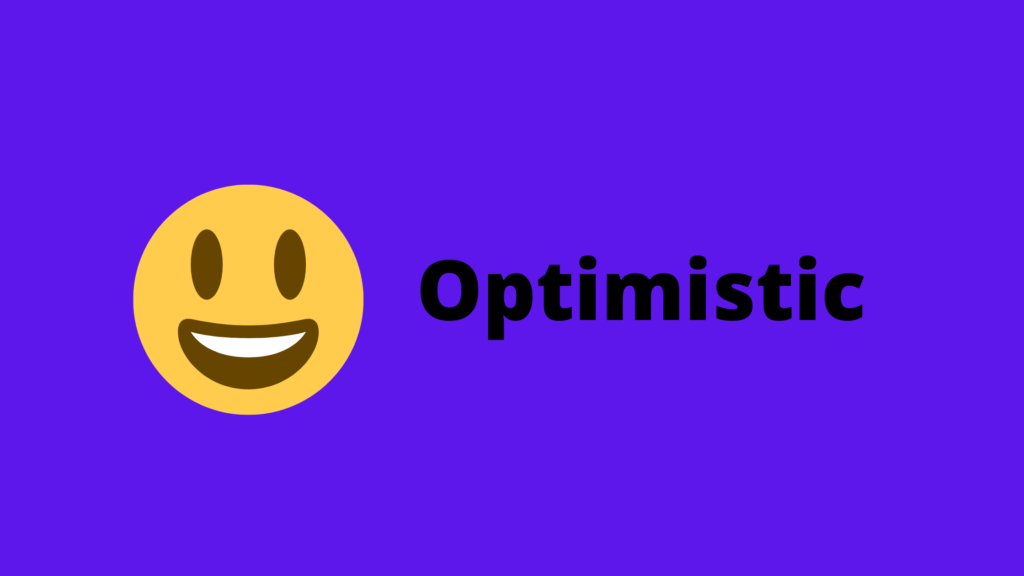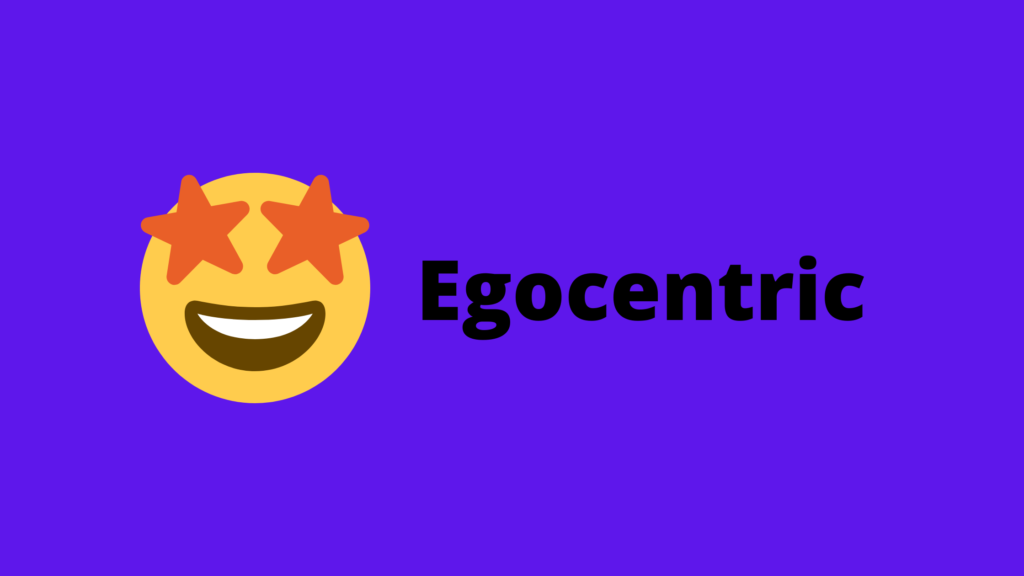Summary:
A study ‘What does job applicants’ body art signal to employers?’ by Stijn Baert, Jolien Herregods, Philippe Sterkens, investigates how visible body art (e.g., tattoos and piercings) affects the hiring decisions of job recruiters.
The focus of the study was on how body art interacts with various candidate characteristics, such as gender, obesity, and qualifications.
In the experiment the researchers used a state-of-the-art scenario approach, where participants assumed the role of recruiters assessing job candidates.
They evaluated candidates based on vignettes that varied by body art type, obesity, and other factors like gender, academic performance, and job-related skills.
Key Findings:
- Overall Impact of Body Art: The presence of body art did not significantly reduce the likelihood of being invited for an interview or hired, suggesting body art doesn’t universally affect hireability. However, there were some notable nuances.
- Gender Differences: Body art negatively impacted male candidates’ hireability. Men with body art had a lower probability of being invited to an interview and scored worse on hireability measures compared to men without body art. No such effect was found for women. This highlights the interaction between body art and gender, with men facing greater stigmatization.
- Obesity and Other Factors: Obesity also lowered hireability, and its effect was stronger than that of body art. Obese candidates were rated lower on hireability, collaboration, and personality traits like emotional stability, but higher on traits related to productivity (e.g., manageability).
- Perceived Personality and Collaboration: Candidates with body art were viewed as less honest, emotionally stable, agreeable, and conscientious, although they were also seen as more extroverted and open to new experiences. This suggests body art may signal certain personality traits to recruiters, but these signals vary by gender.
- Recruiter Characteristics: The study controlled for factors like recruiters’ experience, education, and tendency to provide socially desirable responses. It found no evidence that these factors influenced the overall results, suggesting that the effects were not due to bias from participants’ personal experiences or social desirability.
The study shows that body art does influence hiring decisions, particularly for male candidates, who are judged more harshly for wearing body art compared to females.
The impact of obesity on hireability was more pronounced than body art, which suggests that physical appearance plays a significant role in recruitment decisions.
While body art did not have a strong effect on hiring outcomes overall, it did influence perceptions of personality and collaboration, and its impact varied by gender.
The Impact of Body Art on Job Recruitment: What Employers Need to Know
In today’s rapidly evolving job market, one might assume that professional qualifications and experience are the sole determinants of hiring decisions, espcially with the increase in the use of a structured job interview
However, appearances and personal traits, including body art, can still play a significant role in shaping hiring outcomes.
The Research Behind the Stigma
A recent experiment conducted by Van Borm et al. (2021) sought to explore the effect of body art on recruitment decisions. The study was based on the methodology established by Auspurg and Hinz (2014) but expanded to cover a broader range of job sectors and candidate characteristics.
Participants in the study were placed in the role of recruiters and tasked with evaluating applicants for one of eight job groups, including professions such as software developers, travel agents, and poets. These jobs varied in terms of required educational level, customer contact, creativity, and reliability.
By presenting a diverse set of job applicants with varying levels of body art, weight, and gender, the experiment aimed to uncover any potential biases related to these factors in the hiring process.
Key Findings from the Experiment
- Body Art Does Not Necessarily Lower Hireability Overall
One of the key insights from the experiment is that the presence of body art (whether tattoos or piercings) did not significantly lower the overall likelihood of being hired or invited for an interview. Across all participants, candidates with body art were not found to have lower odds of being selected for an interview or hired compared to candidates without body art.
- Gender Differences in Perception of Body Art
The study revealed an important gender interaction. While body art had little impact on the hireability of female candidates, male candidates with visible body art were less likely to be invited for an interview or hired. Specifically, male candidates with body art saw a 5.4% decrease in the probability of being invited for an interview and a similar drop in hiring appropriateness scores. This suggests that body art may carry a more significant stigma when worn by men, possibly due to ingrained societal perceptions about masculinity and professionalism.
- Body Art Impacts Perceived Personality and Collaborativeness
Another crucial finding was that job candidates with visible body art were often perceived as less desirable colleagues. Recruiters rated these candidates as less pleasant to collaborate with, both as an employer and as a colleague. Interestingly, candidates with body art were also perceived as less honest, emotionally stable, agreeable, and conscientious. However, they were seen as more extroverted and open to new experiences, which may be beneficial in certain roles.
- Obesity as a Parallel Stigma
In addition to body art, the study also explored the effects of obesity on hiring decisions. Similar to body art, candidates who appeared obese were rated lower in terms of hireability and personality, though they were seen as more productive in certain contexts. This finding emphasizes that physical appearance—whether in the form of body art or weight—can significantly influence hiring decisions, despite the lack of a direct link to job performance.
Actionable Points for Job Seekers
If you’re applying for jobs and have visible body art, the research suggests there are some important factors to consider in order to improve your chances of being hired:
1. Choose the Right Role
Not all jobs perceive body art the same way. For instance, positions that demand high levels of customer interaction or roles that are more traditionally “corporate” may have stricter standards around appearance. On the other hand, creative fields, such as graphic design, marketing, or the arts, are likely to have a more lenient view of body art. Consider whether the company’s culture aligns with your style and appearance before applying.
2. Understand the Gender Dynamics
The study showed that body art had a more significant negative effect on male candidates. This suggests that male candidates may need to be more strategic about when and how they showcase body art, especially if applying for roles in conservative industries. While it’s important to be authentic, understanding the cultural context of a given industry or organization can help mitigate any biases.
3. Leverage Your Other Strengths
If you have body art and are concerned about biases, you can proactively showcase other strengths that may counterbalance any perceived negative traits. Highlight your qualifications, relevant experience, and skills that align with the job description. Additionally, demonstrating your ability to collaborate and your commitment to the job can help break down stereotypes associated with body art.
4. Prepare to Address the Issue Directly
If you suspect that body art might be a concern during an interview, be prepared to address it directly and confidently. You could frame it as a form of self-expression or creativity, depending on the role you’re applying for. In some cases, explaining the significance of your tattoos or piercings might help hiring managers see them as a reflection of your individuality rather than as a hindrance.

Actionable Points for Hiring Professionals
As an employer, it’s essential to be aware of potential biases that may influence your hiring decisions. Here are some steps you can take to ensure a more inclusive and fair recruitment process:
1. Focus on Skills, Not Appearance
While body art may influence first impressions, it should never overshadow a candidate’s qualifications and experience. Instead of letting visible body art dictate your decision, focus on assessing candidates based on their skills, qualifications, and fit for the role.
Create a structured interview process that emphasizes job-relevant criteria, and avoid making judgments based on physical appearance alone.
2. Standardize Evaluation Criteria
The presence of body art can easily trigger implicit biases, leading recruiters to make assumptions about a candidate’s personality or work ethic. One way to counteract this is to use a standardized evaluation system. For instance, rate candidates on a consistent scale using objective criteria related to job performance. This helps ensure that all applicants are evaluated fairly and consistently, regardless of their appearance.
3. Educate Your Hiring Team on Bias
Hiring managers and recruiters should receive training to help them recognize and mitigate biases, including those related to body art.
Conducting regular workshops on unconscious bias, and educating your team on the impact of appearance-based discrimination, can improve decision-making and create a more inclusive recruitment process. ***other research shows how unconcious bias training is only effective if employees volunteer to attend the training
4. Adopt a Culture of Diversity and Inclusion
A company’s culture plays a significant role in shaping attitudes toward body art. To create a more inclusive workplace, foster a culture that values diversity in all its forms, including self-expression.
Encourage employees to be themselves and show that you embrace diversity in your hiring process. This sends a positive message to potential candidates and ensures that your organization attracts a wide range of talent.

The research reveals that body art, such as tattoos and piercings, can influence hiring decisions, but the impact is not universal. Gender, job type, and societal perceptions all play a role in how body art is viewed in the hiring process. While men may experience a greater stigma, body art does not always hinder a candidate’s chances, especially in creative industries or roles that emphasize individuality.
For job seekers, being strategic about the roles they apply for, understanding how their appearance may be perceived, and leveraging their strengths can help mitigate any biases. For employers, focusing on qualifications, providing bias training, and fostering an inclusive culture can ensure that recruitment practices are fair and equitable.
By adopting these actionable steps, both job seekers and hiring professionals can navigate the complexities of body art in the hiring process, ultimately creating a more inclusive, diverse, and fair work environment.















